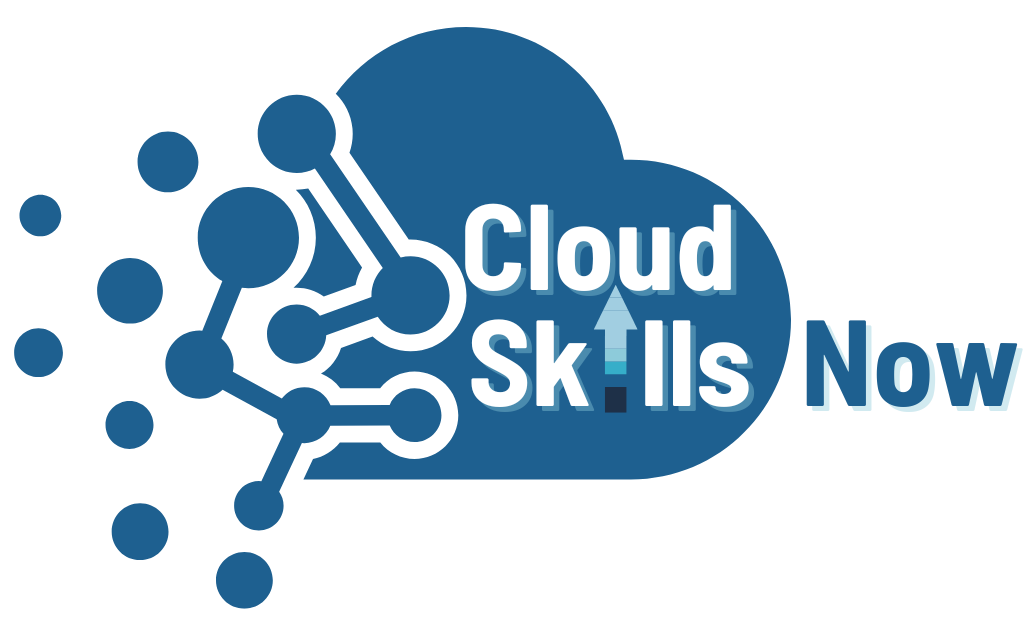Introduction:
Agile in Action has transformed how modern teams think, collaborate, and deliver. It’s not just for developers—today’s Agile approach is shaping ways of working across marketing, HR, and operations. But knowing terminology isn’t the same as truly applying Agile.
The Agile in Action course is a hands-on learning experience that helps you move from theory to execution. You’ll explore essential agile methodologies like Scrum and Kanban, understand the iterative and incremental approach that drives agile development, and build stronger agile teams through collaborative work and clear roles. Learn tools and techniques that improve workflow, boost customer value, and support modern team dynamics.
You’ll work through real-world applications, simulations, and a guided case study to sharpen your skills in agile project management. You’ll also explore the Scrum framework, sprint planning, and retrospective practices that lead to continuous improvement. This course helps you lead with agility, respond to customer needs, and achieve better results—across software development, the public sector, and beyond.
Objectives:
By the end of the Agile in Action course, learners will be able to apply Agile principles in real-world settings with confidence. You’ll gain hands-on experience with Agile methodologies like Scrum and Kanban, and learn how to determine when an Agile approach is most appropriate. The course will equip you to define Agile team roles—including Product Owner, Scrum Master, and Development Team—refine product backlogs, use Agile estimation techniques, and improve collaboration across Agile teams. You’ll also develop the soft skills and facilitation strategies needed to foster a healthy Agile mindset and manage cross-functional teams. With a focus on navigating Agile transformation, overcoming common challenges, and implementing continuous improvement practices, this training prepares you to deliver value and lead Agile projects in dynamic environments.
Course Outline:
Determining When Agile is Appropriate
- Understand the core concepts of systems thinking and how they relate to Agile decision-making
- Identify project and organizational traits that signal a strong fit for Agile
- Explore how to evaluate readiness before adopting an Agile approach
Defining Agile Team Roles and Responsibilities
- Clarify the responsibilities of the Product Owner, Scrum Master, and Development Team
- Understand how each role contributes to team agility and accountability
- Discuss how Agile roles differ from traditional project structures
Managing and Refining the Product Backlog
- Learn prioritization techniques like MoSCoW and Kano Analysis to manage evolving needs
- Practice shaping a backlog that aligns with customer value and business goals
- Examine how backlog refinement supports iterative development and Agile software development
Using Agile Estimation Techniques
- Apply Agile estimation methods like Story Points, Relative Sizing, and Affinity Estimating
- Understand how estimation supports planning without overcommitting
- Improve transparency and adaptability across Agile teams
Addressing Team-Level Challenges
- Explore the use of team charters to set expectations and build trust
- Tackle common obstacles such as remote collaboration and changing team dynamics
- Learn how to address Agile implementation challenges before they derail progress
Building Agile Team Soft Skills
- Strengthen facilitation and communication skills that keep teams aligned
- Encourage structured brainstorming and inclusive dialogue
- Foster a team environment rooted in psychological safety, adaptability, and shared ownership
Leading Organizational Change in Agile Environments
- Differentiate between evolutionary and revolutionary change in Agile transformations
- Identify the top challenges that teams face when adopting Agile
- Build a roadmap to lead others through continuous change and Agile development
Applying Best Practices for Agile Implementation
- Make retrospectives meaningful and action-oriented
- Reinforce Agile principles and tools and techniques across departments and workflows
- Sustain long-term momentum and continuous improvement by adapting practices to your organization’s needs
Enroll in this course
$495.00
